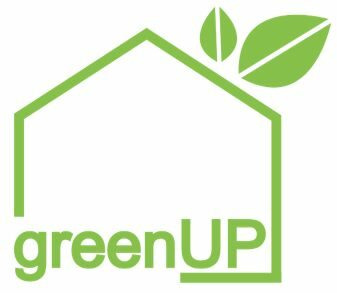Development of a climate-neutral energy refurbishment concept for the Brotfabrik socio-cultural centre in Bonn Beuel with the following components:
- Energetic refurbishment of the building envelope to a kfW70 standard
- 200 kW PV system with 200 kWh electricity storage tank
- Water-to-water heat pump 100 kW for heating and cooling purposes
- Rapeseed oil peak load boiler 30 kW
- Heat accumulator with 50 m³ volume
Construction with renewable or recycled building materials. In the course of the energy-efficient refurbishment of the building sample, barrier-free access to all public spaces is to be created. In addition, a concept is to be implemented to retain and infiltrate as much rainwater as possible on the site in the future, so that the connection to the public sewage system is no longer needed, the groundwater is enriched locally and the sewage system is relieved.
Implementation is scheduled to take place between 2024 and 2028.



